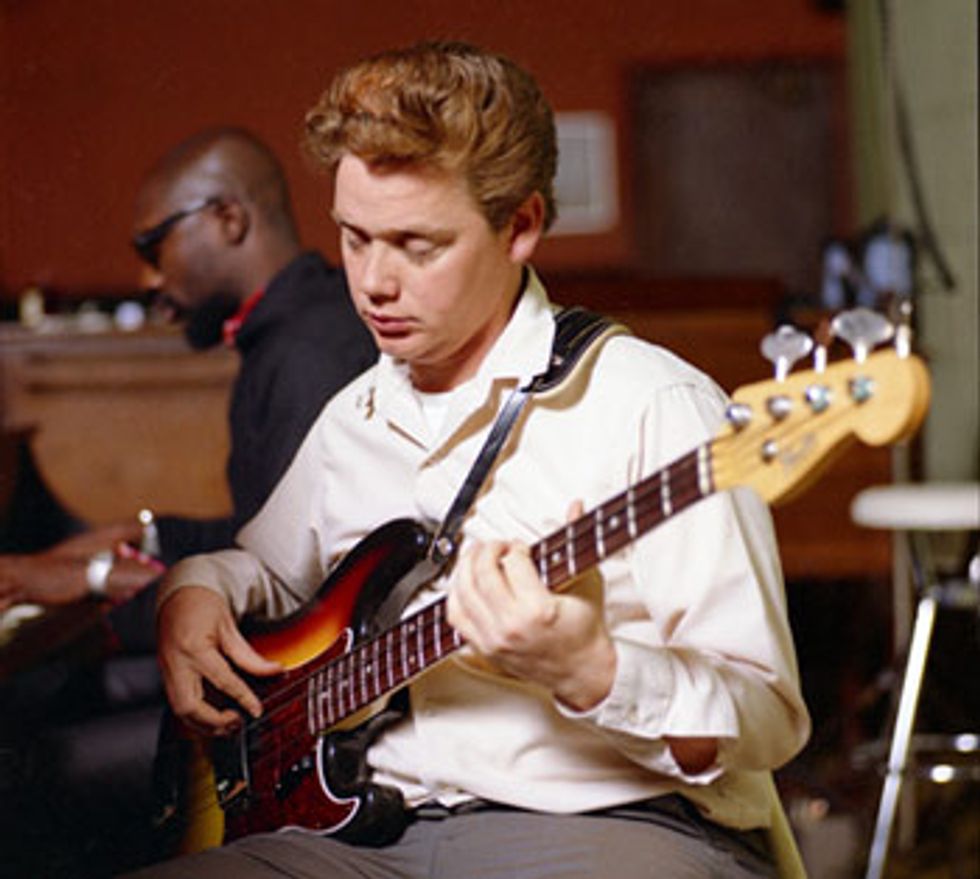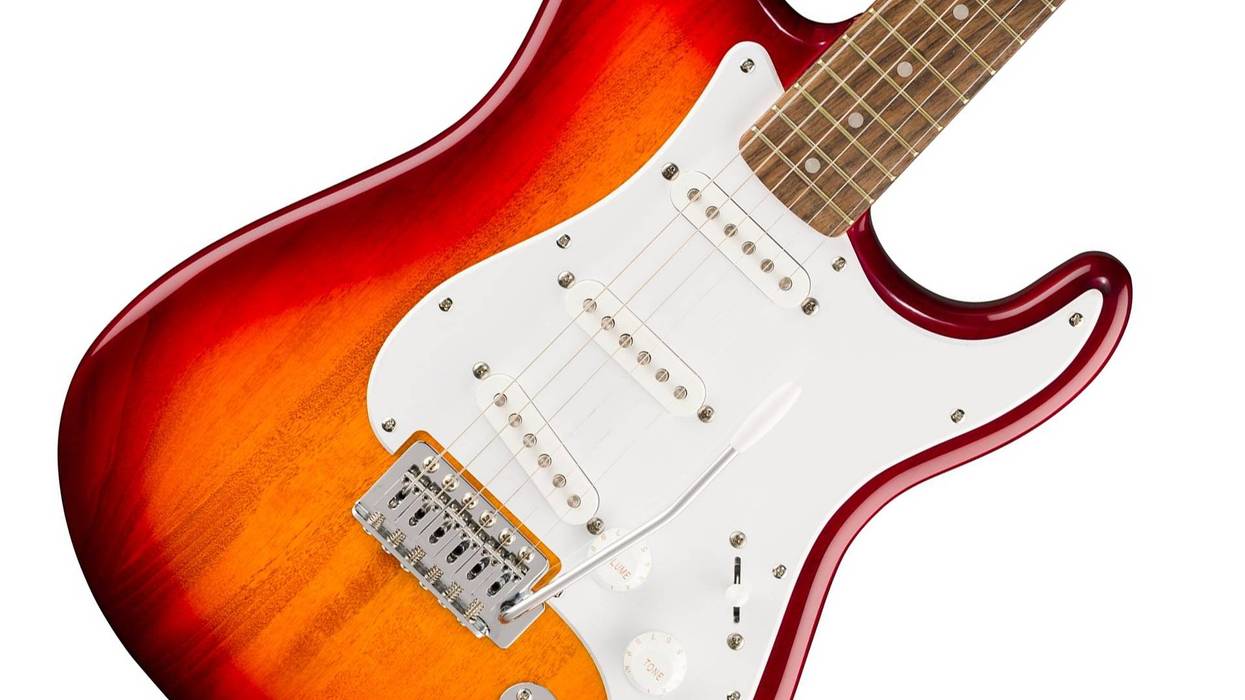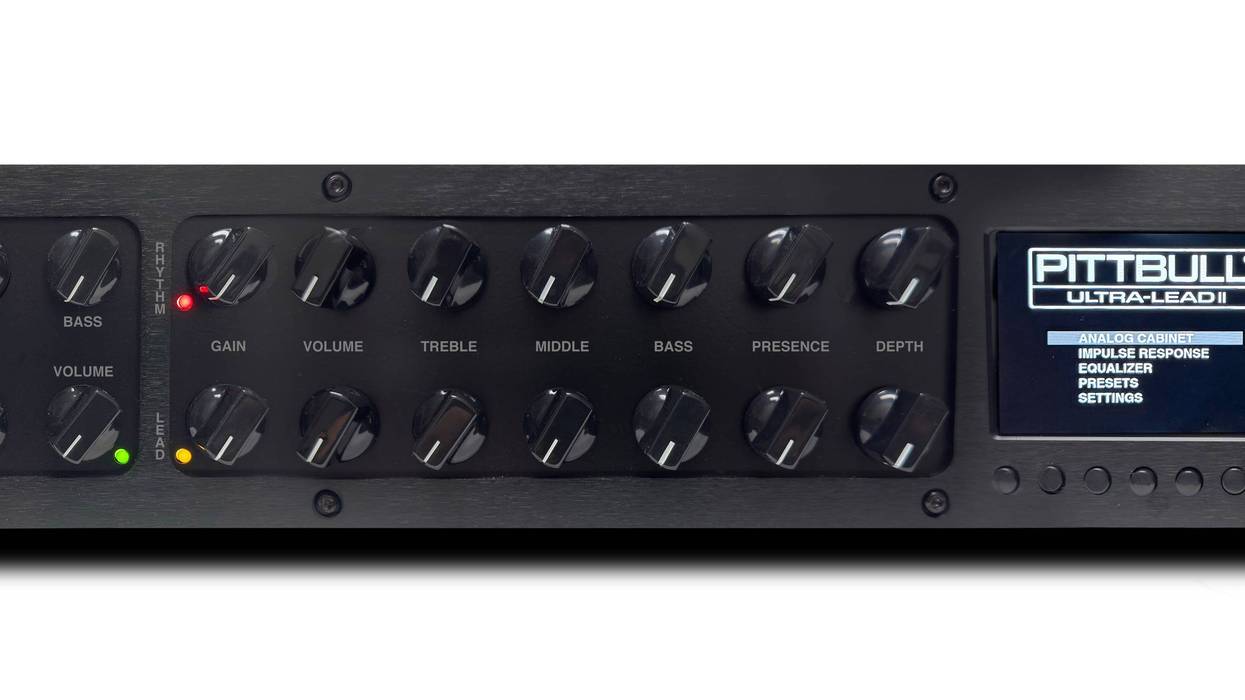Tokyo, Japan — The musical world was dealt a devastating blow with the passing of Donald “Duck” Dunn at the age of 70. Dunn’s bass has been heard for 50 years on some of the most iconic and influential records ever produced. He died in his sleep on May 13 after performing two shows at the Blue Note in Tokyo.
Photo courtesy of API Photography/Stax Museum of American Soul Music
The term ‘”legendary” is often overused, and Dunn, humble and modest, would have shrugged off the label. His legacy, however, spans three generations of music and truly deserves the title of legend for his style, influence, and uncompromising musicality.
Born in 1941 in Memphis, Tennessee, Dunn picked up the bass at age 16. In his words he figured there were enough good guitar players: “I grew up with Steve Cropper … what was needed was a bass.” Not long after high school, the two childhood friends scored the hit “Last Night” with their band the Mar-Keys. Cropper left the group to become a studio musician at the new Stax Records label in Memphis, and three years later he convinced his childhood friend to do the same.
Dunn’s solid foundation was a huge component to the sound coming out of Memphis in the 1960s. Dunn and Cropper teamed up with Al Jackson, Jr. and Booker T. Jones to form one of the most historically important and musically respected rhythm sections of all time. Booker T. & the MG’s were hit-makers in their own right, but also backed greats such as Rufus Thomas, Wilson Pickett, Eddie Floyd, and Otis Redding. Dunn’s thick bass on such timeless hits as Redding’s “(Sittin’ on) the Dock of the Bay,” Floyd’s “Knock on Wood,” and Pickett’s “In the Midnight Hour” has been emulated by countless scores of bassists. The Stax house band also backed Redding’s performance at the 1967 Monterey Pop Festival—a performance that became a benchmark in music history.
Known for his in-studio arrangements, Dunn produced and played on scores of records by the likes of Muddy Waters, Levon Helm, Bob Dylan, Rod Stewart, and Tom Petty throughout the ’70s and ’80s. He also played with Eric Clapton at Live Aid in 1985. Handpicked by John Belushi and Dan Aykroyd, Dunn (along with Cropper) was recruited to be a member of the Blues Brothers, and the movie of the same name introduced millions of people to the music that Dunn helped create a generation earlier. His later work consisted of backing Neil Young, and touring with both Booker T. & the MG’s and the original Blues Brothers lineup. In 2007, Dunn and the other members of Booker T. and the MG’s were awarded a Lifetime Achievement Grammy. The group was inducted to the Musicians Hall of Fame in 2008.
Steve Cropper shared the news of Dunn’s passing on his Facebook page: “Today I lost my best friend, the world has lost the best guy and bass player to ever live.” Dunn’s fat P-bass tones and musical stamp are forever linked with some of the greatest popular music ever created, and his bass lines will be played on for generations to come. Duck, we thank you for your generous gift to the world, a world in which you will remain “legendary.” Godspeed, kind soul.


















![Rig Rundown: Russian Circles’ Mike Sullivan [2025]](https://www.premierguitar.com/media-library/youtube.jpg?id=62303631&width=1245&height=700&quality=70&coordinates=0%2C0%2C0%2C0)
















![Rig Rundown: AFI [2025]](https://www.premierguitar.com/media-library/youtube.jpg?id=62064741&width=1245&height=700&quality=70&coordinates=0%2C0%2C0%2C0)











